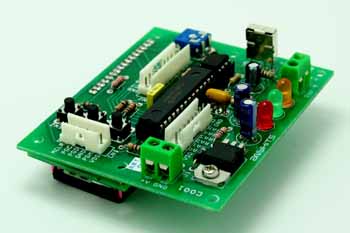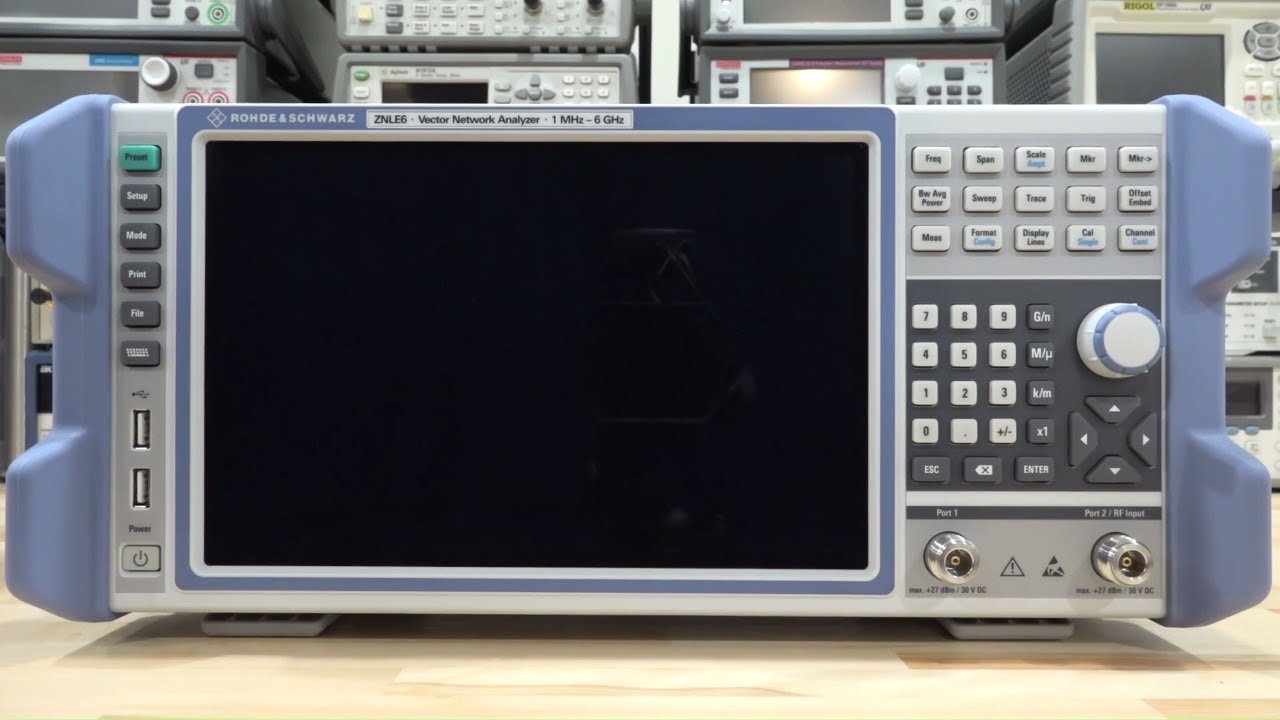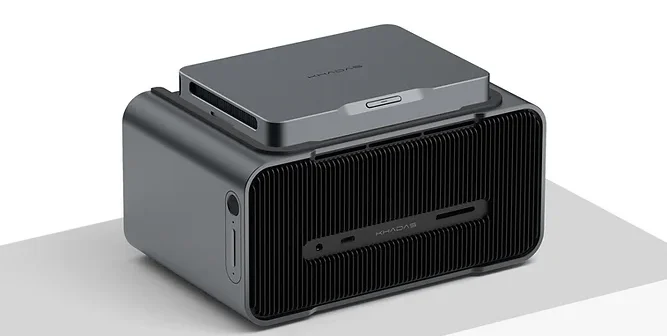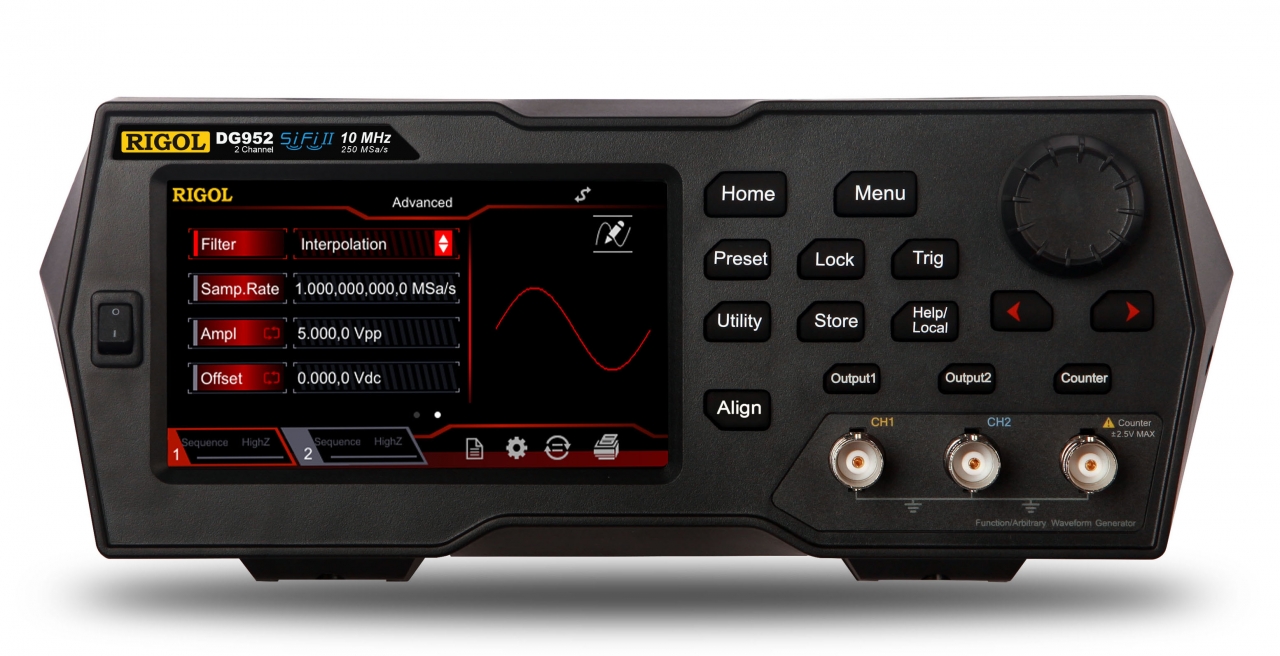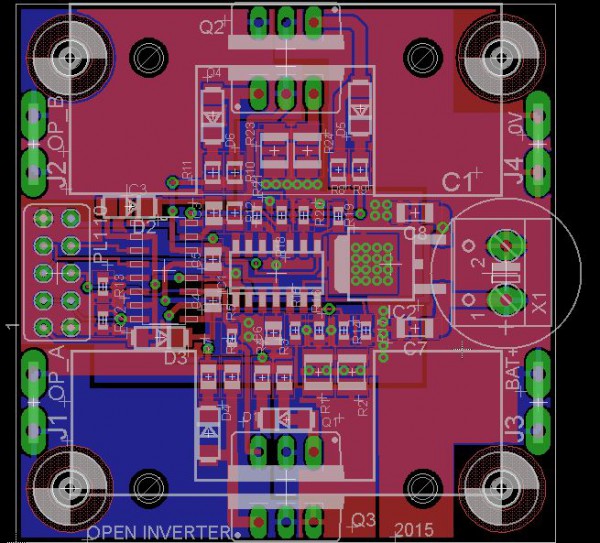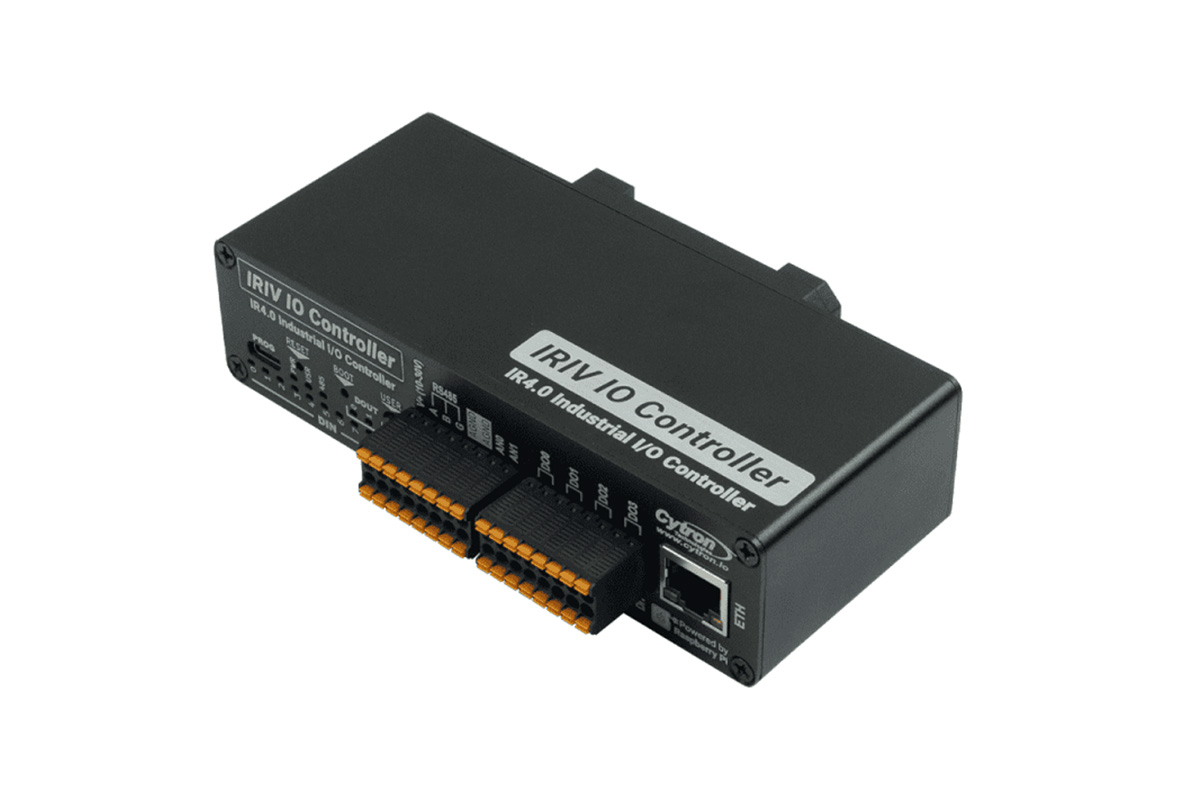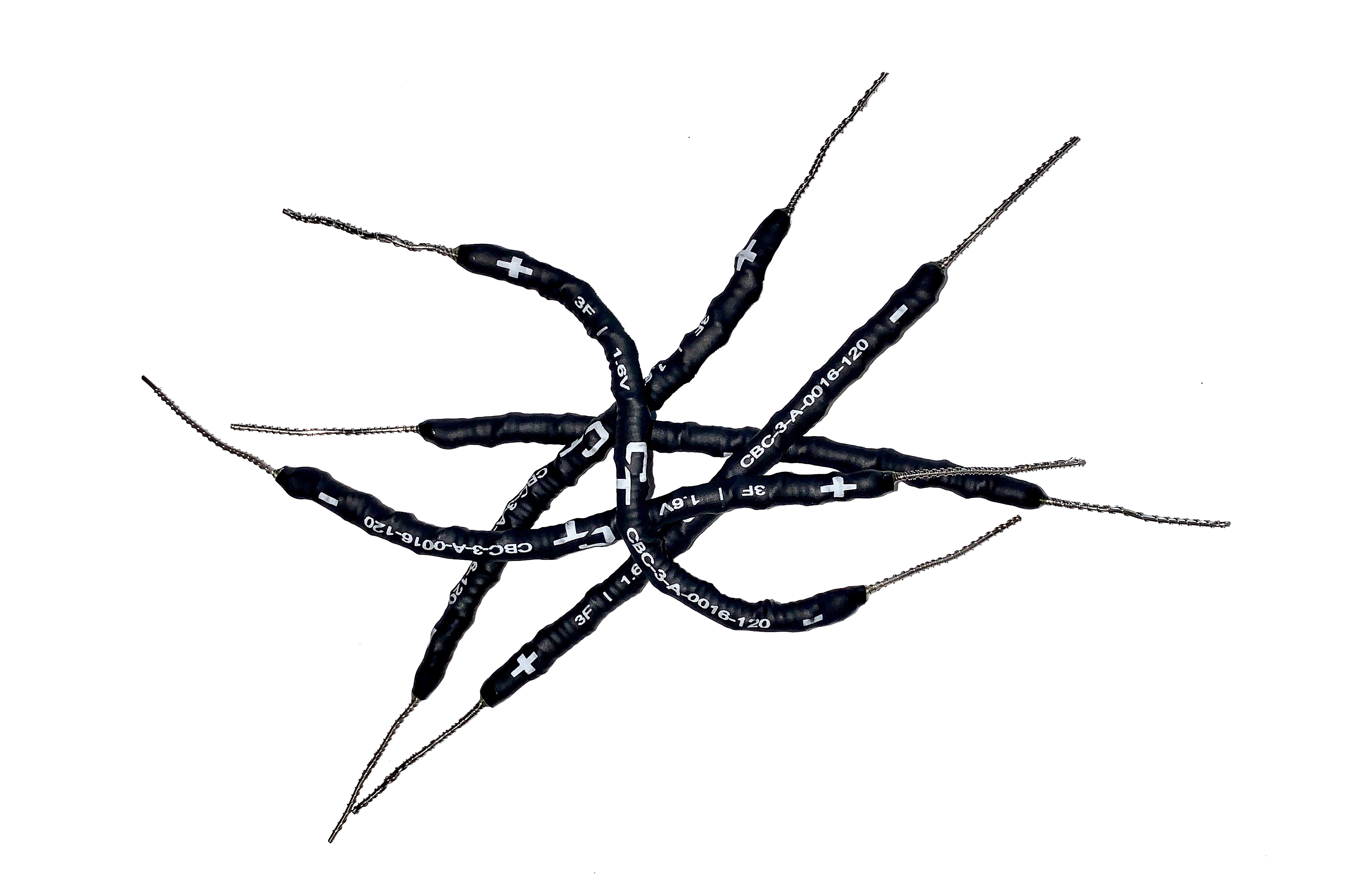
Capacitech Offers Energy Storage Technology with a Unique Form Factor; Flexible Cable-Based Capacitors for Energy Harvesting and IoT Devices
Power consumption is a crucial factor for the Internet of Things (IoT) applications, as it relies on a battery, which has a limited capacity and short service life, to carry out the device’s operations. IoT devices are often deployed in places that are physically difficult to reach making it difficult and expensive to replace them when they discharge. This is one of the major challenges faced in the IoT market. One engineering solution that is gaining popularity is to leverage energy harvesting technologies and supercapacitors, which are also known as ultracapacitors or electric double-layer capacitors (EDLC).
Capacitech’s physically flexible and high-power energy storage product, the Cable-Based Capacitor, is a supercapacitor that can be paired with energy harvesting technologies to offer IoT hardware developers and manufacturers an alternative to these problematic batteries and their short service life. Utilizing this flexible capacitor technology will make these IoT devices energy independent, free from batteries, and smaller than they would be using traditional capacitor technologies.
In order to replace batteries in IoT applications, a supercapacitor must be paired with a power management integrated circuit (PMIC) and also an energy harvester such as an indoor solar cell. Traditional supercapacitors take up significant space on the circuit board, which limits a designers’ ability to offer certain features or smaller product sizes. Capacitech’s Cable-Based Capacitor possesses a unique, wire-shaped, and physically flexible form factor that can be integrated into the energy harvesters’ wiring infrastructure to alleviate this engineering tradeoff.

The Cable-Based Capacitor (CBC) fulfills the energy storage requirements to utilize the energy harvested, given energy harvester’s intermittent supply and lack of power. Supercapacitors are the ideal solutions as they enable more than “enough power for data transmission and have very long cycle life.” At the same time, traditional supercapacitors face the challenge of being limited for use on printed circuit boards, where space isn’t a commodity. Capacitech’s CBC eliminates this challenge as it features novel placement options so minimal to no surface area is occupied on the circuit board. It is for external purposes (use off the circuit board) as well as for the internal architecture of the system.
Dimensions of Capacitech’s Cable-Based Capacitor

CBC is a physically flexible, wire-shaped supercapacitor; its unique form factor offers aesthetic and space-saving advantages compared to existing supercapacitors on the market; “it is designed to miniaturize electronics, complement batteries, and built into a product or system’s infrastructure.” Hence, the Cable-Based Capacitor is ideal for applications such as the Internet of Things (IoT), wearables, emergency lighting, renewable energy systems, uninterruptible backup power supplies, and energy harvesting.
Discussing further, it has a wide range of applications, including wearables, solar power systems, and SmartCity electronics to electric vehicles. The CBC technology gives design engineers more space, opportunities to add new features, and design flexibility to meet their customers’ needs by offsetting supercapacitors from the PCB or adding additional energy storage capability in parts of a previously impossible system.
While energy harvesting technologies are intermittent, the CBC offers a high-power, space-friendly solution.
“The CBC features >3F and 1.6V per cell. The CBC can charge even with a solar cell delivering as little as ~1mA.”
A wide range of CBCs available depending on the voltage rating; thus, the price varies accordingly.
The minimum price is $16.99 for a 3F, 1.6 V CBC. For more information, visit the official product page.
Technical specifications and images have been taken from Capacitech’s blog.






